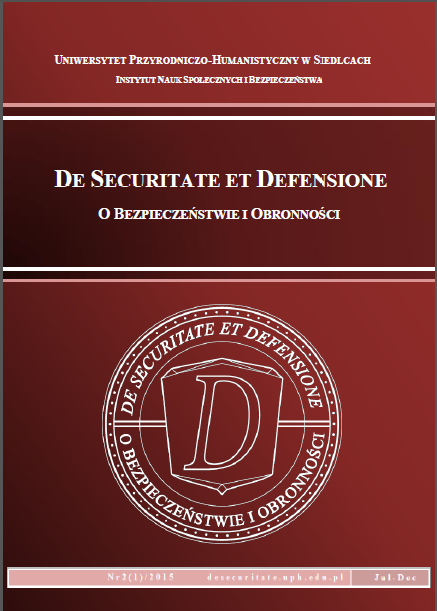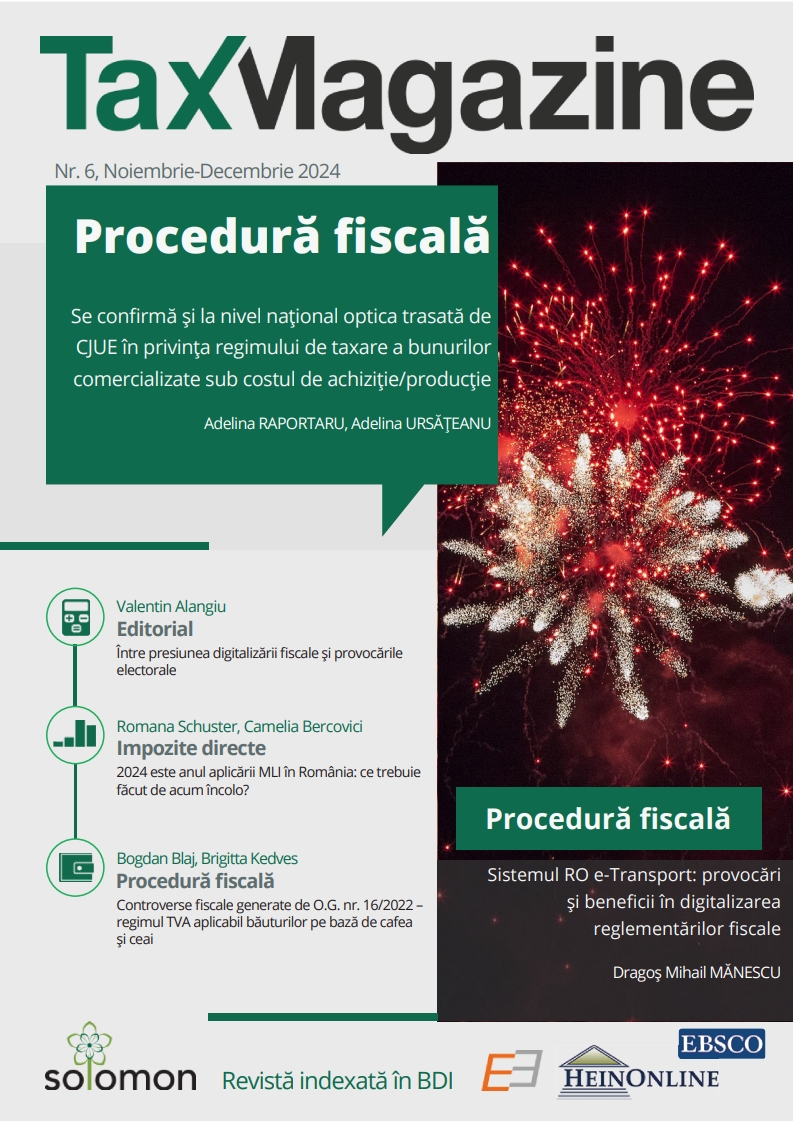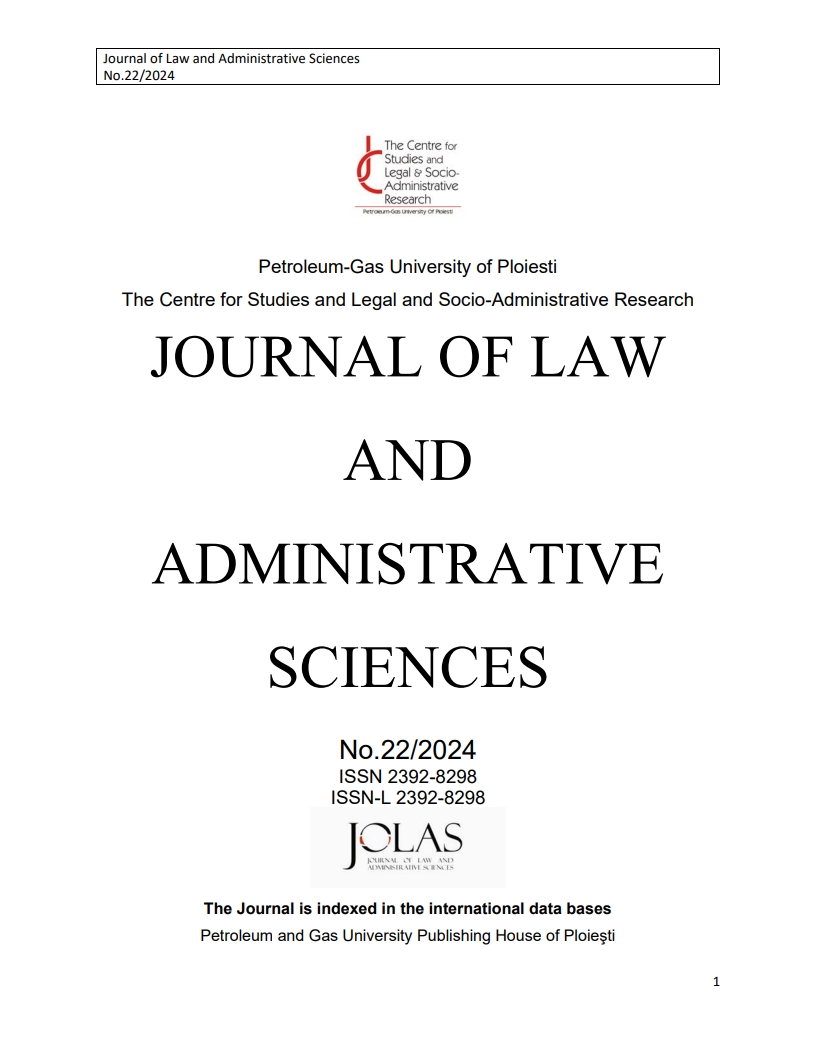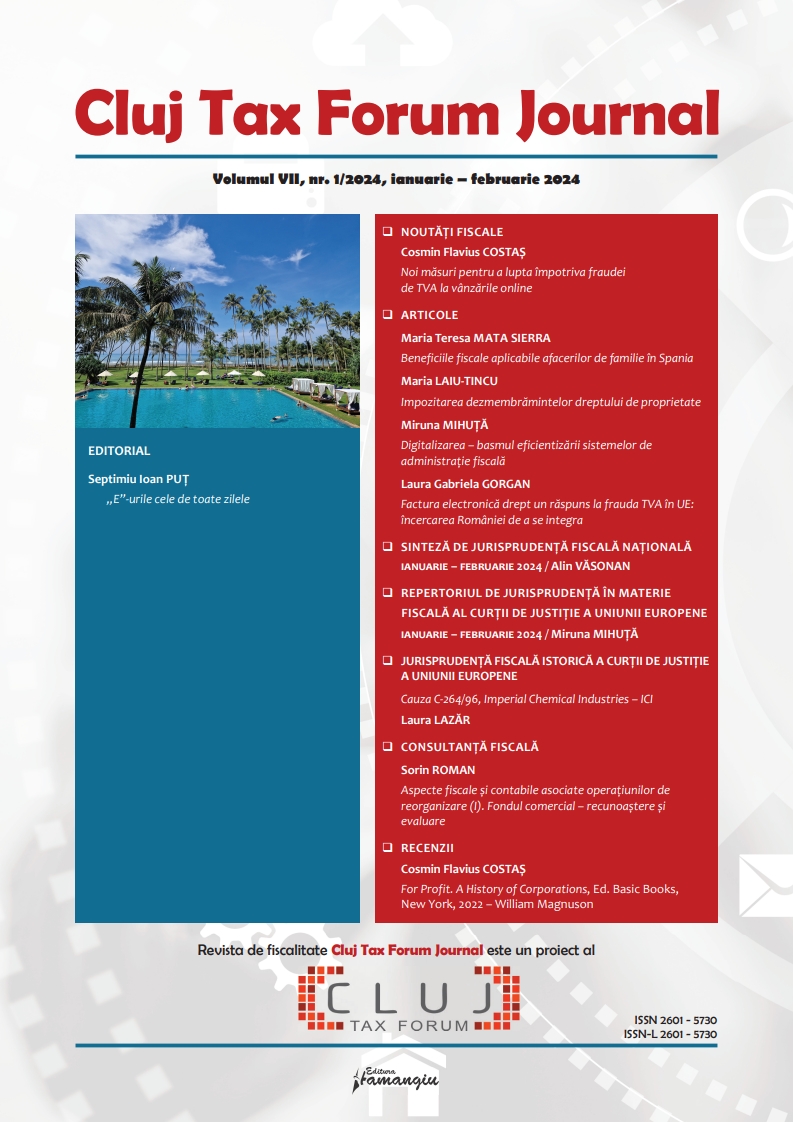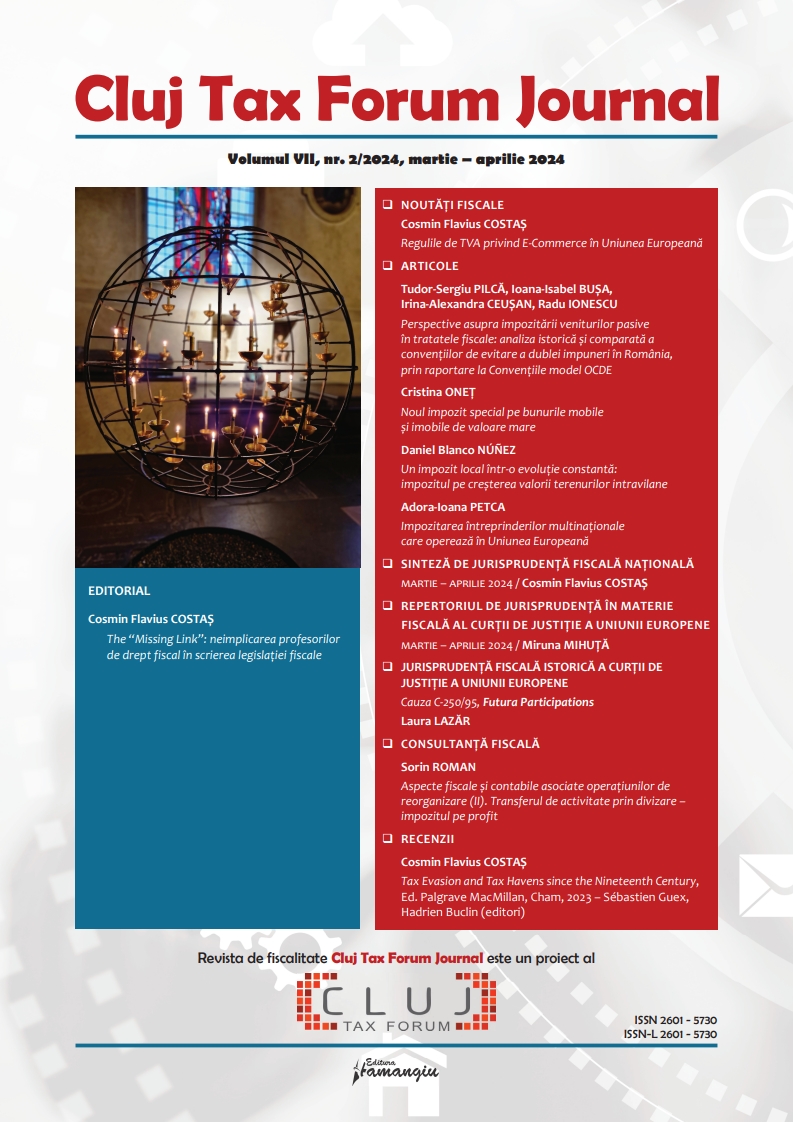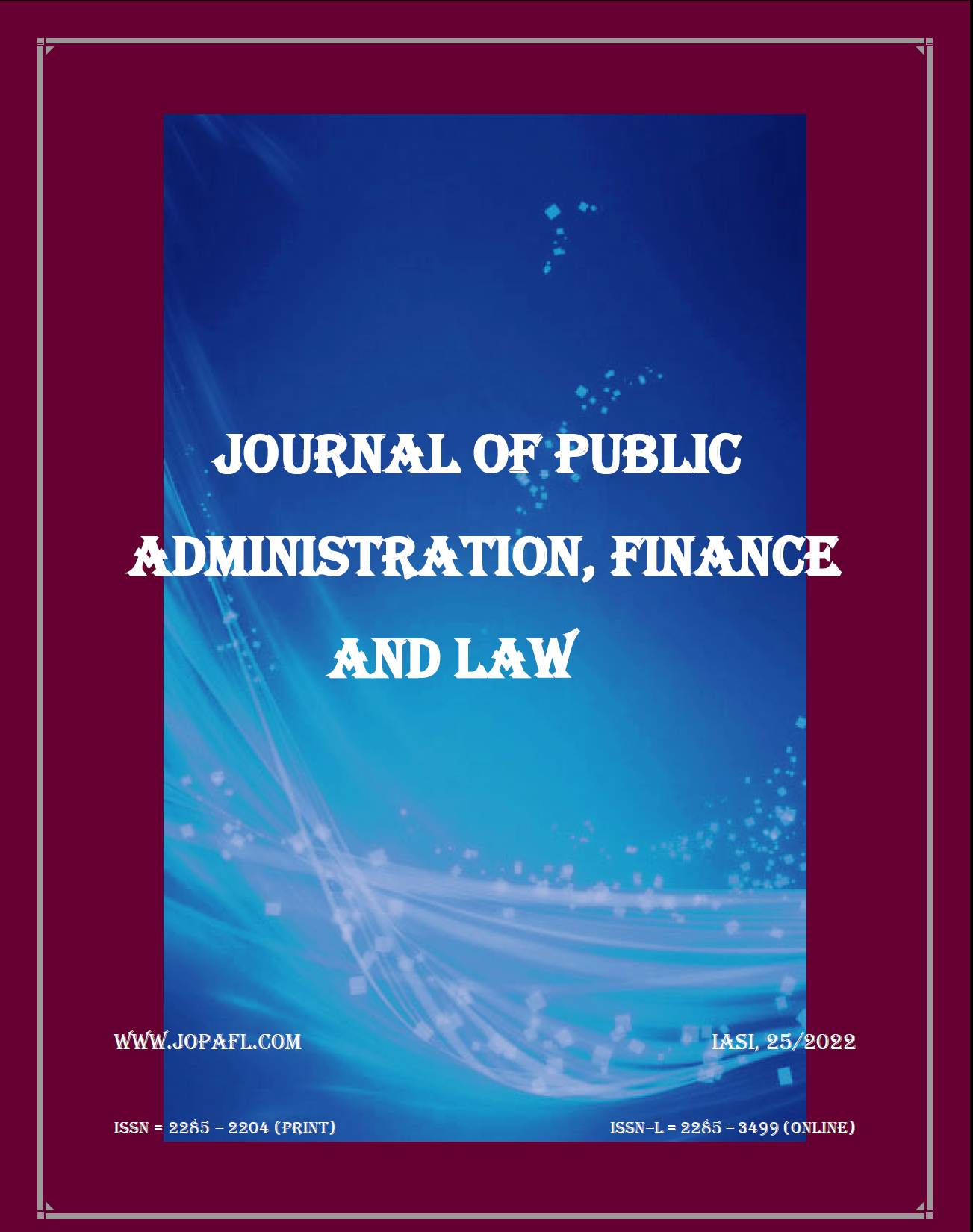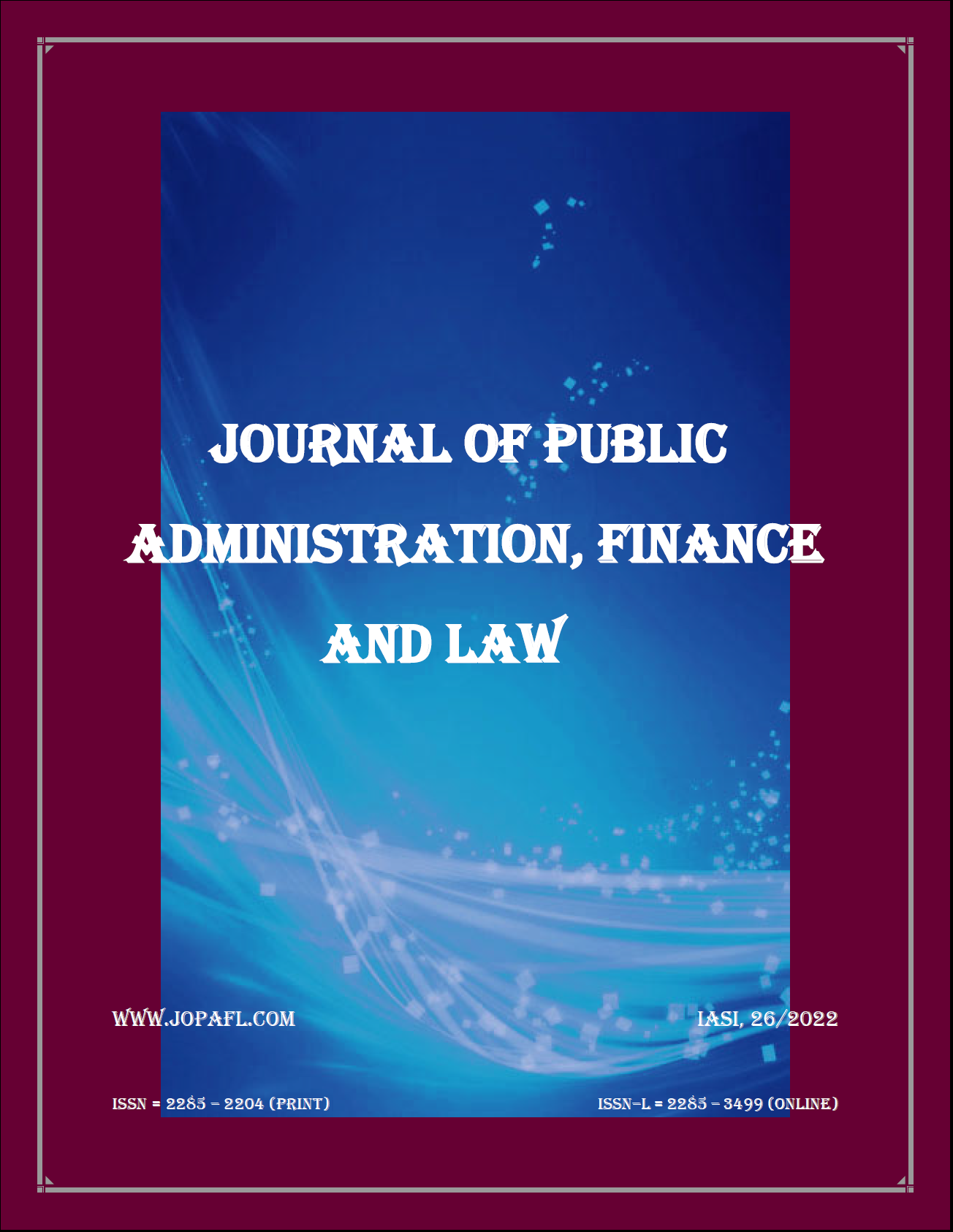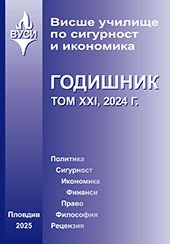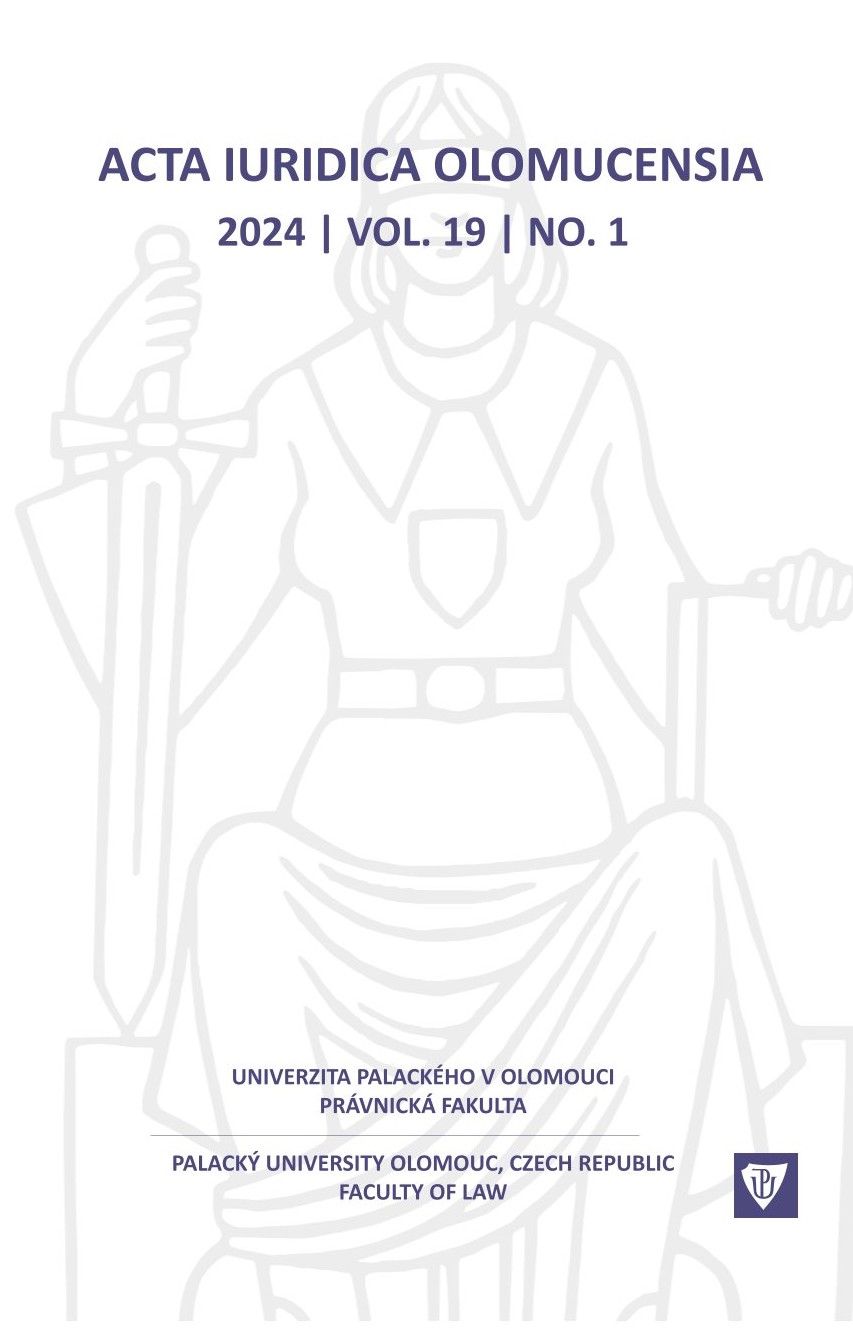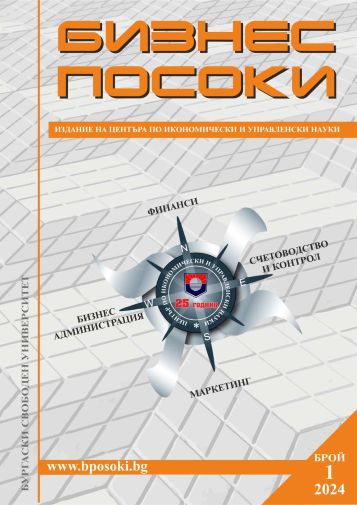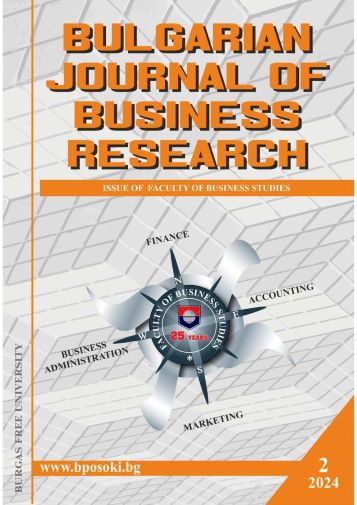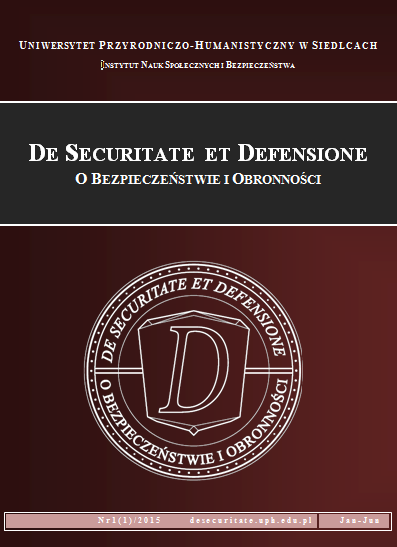
Zabytki i dzieła sztuki, jako przedmioty ochrony
The article presents the concepts of protection of monuments and works of art in past centuries to modern times. Through the analysis of normative acts and literature article it shows not only the definition of monuments and works of art, but also the criteria for providing for their value. And thus demonstrating their role and importance in the creation of the cultural heritage of the nation. Also raises issues of duties and responsibilities of the various actors in creating the protection of monuments flowing both the general national political agendas and international legislation.
More...
